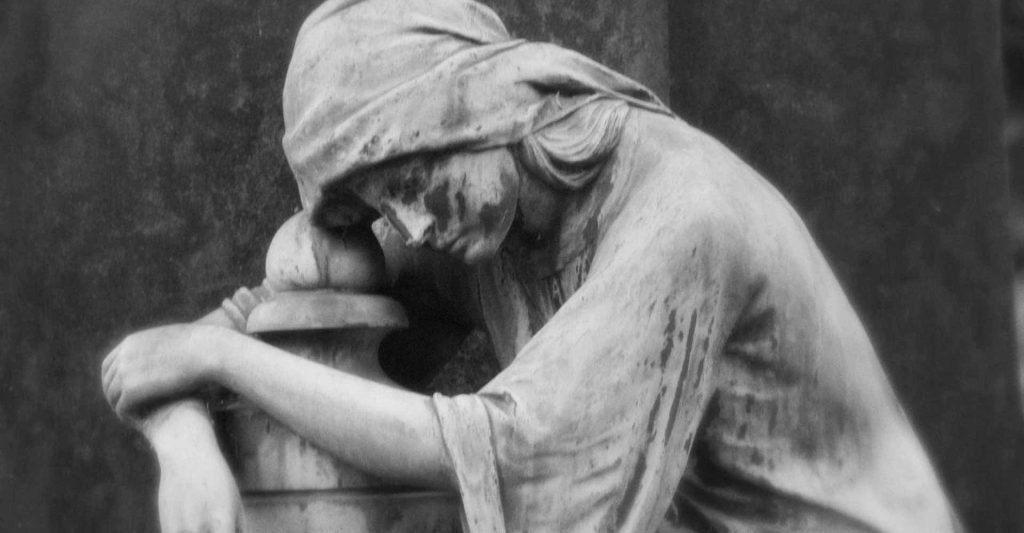"Lord I am not Worthy"
None of us has the right to require and demand that Christ our God should humble Himself to a much greater extent than even in Bethlehem and on Calvary, by becoming the Bread of Life for us in Holy Communion. We are referring to this when we say that we are not worthy to receive Him, "Lord, I am not worthy that you should come under my roof". Who could in justice ask for such an infinite gift? This is what we are referring to in saying these words together at Holy Mass.
But there is another form of unworthiness, that of being in a state of mortal sin, or worse, which I wish to address.
If a Catholic has lost his or her Faith in the Real Presence, that person should not receive our Lord, without recognizing that He is there.
There are Catholics known to God, often known to God alone, who SHOULD NOT receive our Divine Lord. They should and must repent of their sins and go to Confession first.
And there are Catholics who have taken a public stance of being in grave opposition to, or grave disobedience to the Law of Christ. They should not approach, and if they do, they must not be given Holy Communion.
OFFICIAL TEACHING of the CHURCH
Presenting oneself to receive Holy Communion should be a conscious decision, based on a reasoned judgment regarding one's worthiness to do so, according to the Church's objective criteria, asking such questions as:
• Am I in full communion with the Catholic Church?
• Am I guilty of grave sin?
• Have I incurred a penalty (e.g. excommunication, interdict) that forbids me to receive Holy Communion?
• Have I prepared myself by fasting for at least an hour?
The practice of indiscriminately presenting oneself to receive Holy Communion, merely as a consequence of being present at Mass, is an abuse that must be corrected (cf. Instruction Redemptionis Sacramentum, nos. 81, 83)...
Apart from an individual's judgment about his worthiness to present himself or herself to receive the Holy Eucharist, the minister of Holy Communion may find himself in the situation where he must refuse to distribute Holy Communion to someone, such as in cases of a declared excommunication, a declared interdict, or an obstinate persistence in manifest grave sin (cf. can. 915).

No comments:
Post a Comment